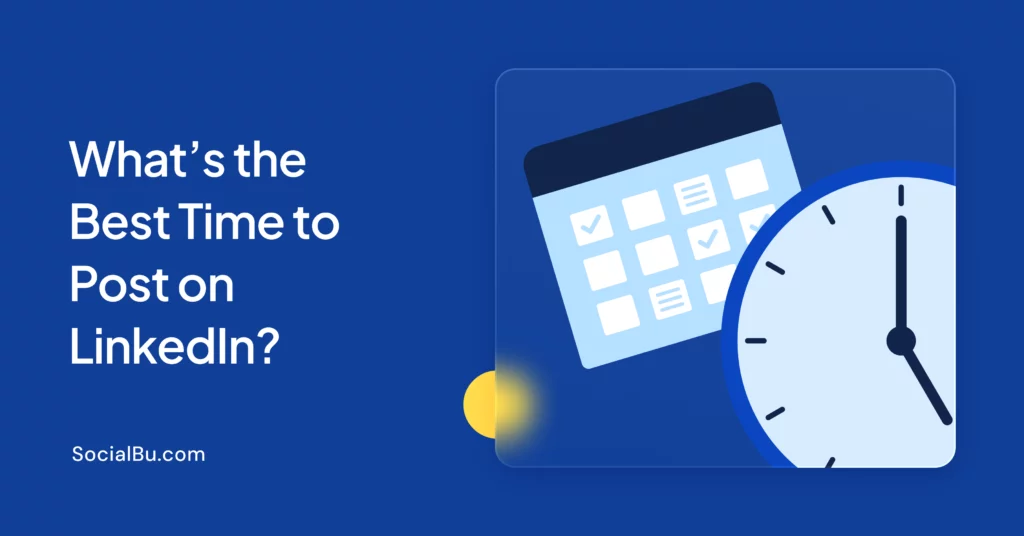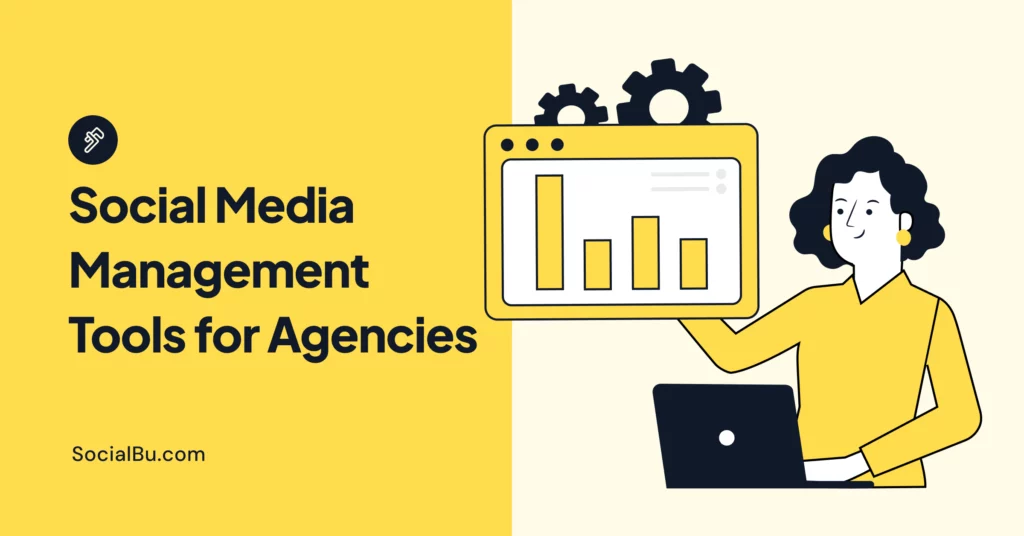Link building and search engine optimization (SEO) are essential components in the dynamic digital marketing world. These practices evolve drastically over time. What worked yesterday may not be feasible today.
With thousands of algorithm updates yearly, there’s usually much to keep up with to retain visibility. If you’ve invested much effort in SEO but aren’t seeing the desired results, know that such a scenario is not uncommon.
This article offers a more holistic approach that you can use to achieve better results. Remember, it’s not just about acquiring more links. Understanding the synergy between the diverse SEO elements is critical. Read on to explore more.
1. Understanding the evolving SEO landscape
Some years back, stuffing keywords into your content and getting backlinks from several sites was enough to yield positive results. However, search engines have dynamically advanced. Keyword stuffing is now considered spam, making it challenging for bloggers to excel through this shady method. Currently, SEO must be approached holistically. Your strategy must please both search engines and human readers.
Strive to produce high-quality content that your followers can find helpful. Prioritize quality over quantity. It’s better to post one or two relevant and valuable articles weekly than publish two or more irrelevant or unhelpful articles daily.
Moreover, consider user experience. If user experience is integrated well into your content and web design, conversion rates can increase by up to 200%. Visitors must find it easy to navigate your site and find information. This decreases the bounce rate, as an average reader will spend more time on your site.
They’re also more likely to engage with your content by commenting on your posts, sharing it on their sites and social networks, signing up for newsletters, taking surveys, and responding to other calls to action. User engagement often boosts organic link building, leading to higher search engine rankings and brand visibility.
If you’re new to SEO or don’t have enough time to grasp the concepts fully, a reliable firm offering an SEO link building package that suits your needs and pockets could greatly help.
Before making a decision, consider looking up important questions to ask an SEO agency to ensure you’re choosing the right partner.
2. The fundamentals of effective link building
Effective link building hinges on quality over quantity. High-quality links come from reputable websites, and they usually have the following characteristics:
- It has high domain authority.
- It is closely related to your business.
- It has sufficient traffic.
- It has premium-quality content.
- It has a positive reputation.
- It has high search engine rankings.
- It has a non-spammy profile.
Premium-quality links boost your site’s credibility. Search engines give a high score to your site once they realize authoritative sites are recommending it. Backlinks are a vote of confidence in your site, implying your content is valuable.
Another crucial consideration is the diversity of your links. Don’t rely on just one link source. Using several links from one source isn’t a sound SEO practice. Search engines will quickly identify your content as unnatural and may penalize your site. Use links from several sites to make your link-building efforts more stable. It shows your content is widely valued across different platforms and by diverse audiences.
3. Integrate link building into your content strategy
Creating high-quality content and smart internal linking increases your chances of earning backlinks. It can attract other publishers, and they can link to your pages without you actively requesting them to do so.
Your content helps you build authority and establish relationships with other publishers. This way, you can more easily find worthwhile sites to guest-post on. Reputable sites also want to link to high-quality websites to preserve their credibility.
To further improve your website’s visibility with professional SEO strategies, consider leveraging expert services. These can ensure your content not only attracts backlinks but also ranks well on search engines, enhancing your overall digital presence.
Remember to include infographics in your guest posts when necessary. Infographics can increase website traffic by up to 12%. They break complex data into readable bits and attract natural backlinks. They are not only informative but also entertaining.
4. Leverage social media
You can’t ignore the power of social media in today’s digital arena. Readers like sharing web content on social networks, especially Facebook, Instagram, YouTube, and X. Social media marketing helps increase visibility, as content sharing is easy, and your content reaches a broader audience.
Search engines also use social signals as a gauge of relevance. If a particular post attracts hundreds of shares, comments, and likes, it’s a sure indication that people value it, and search engines usually look for such relevance.
Remember, posting alone isn’t enough. Actively engage with your audience. Respond and react to comments. Start conversations and participate in those initiated by your followers. Doing so builds good relationships with your audience and lays the groundwork for link opportunities. Above all, strive to be consistent in posting. Regular updates on your socials keep your audience hooked.
5. Monitor and analyze your link-building efforts
After employing a particular SEO strategy, monitor and analyze its performance. Analytics helps you understand the success of your link-building efforts. Consider measuring metrics like referral traffic, link quality, and search engine rankings. The data you gather will help you polish up your strategies. Data-driven decisions can significantly improve your rankings.
Some helpful tools you could use include Google Analytics, Moz, and Ahrefs. You can use them to track your backlinks, assess their quality, and monitor changes in your search engine rankings. If you spot low-quality links, especially those coming from spammy or penalized sites, use Google’s Disavow tool to instruct the search engine to ignore these sites when evaluating yours. You can also directly contact the owners of these shady sites and request them to remove your link.
6. Ethical considerations in link building
For sustainability in SEO, it helps to embrace ethical link-building practices. Black-hat SEO tactics may promise quick results, but there are too many risks. These include:
- Creating private blog networks to generate artificial backlinks
- Keyword stuffing
- Creating link farms, i.e., websites solely established for interlinking and boosting link quantity
- Including hidden text in blogs for extra keywords or links so that readers can’t spot them but search engines can
- Displaying different content to search engines and users, a practice referred to as cloaking
Over the years, search engines have developed complex algorithms to detect these tactics quickly. If you’re caught, your site can be demoted or blacklisted, stifling discoverability.
Your winning point is sticking to ethical link-building and SEO tactics to ensure long-term authority. Earn backlinks naturally through quality content and genuine relationships.
Conclusion
A holistic link building and SEO approach is your key to outstanding website performance. Understand how the online space has evolved, what worked years ago, and what works today. The strategies discussed above are an excellent starting point. But don’t stop at that.
Embrace continuous learning and adaptation. Regularly read authoritative SEO-dedicated blogs to update yourself with the latest trends. Also, connect with SEO professionals for profound insights into emerging techniques. Constantly adapting your SEO strategies to the present demands ensures your site retains visibility.







